I prefer looking to the future than reflecting on the past, and in that vein I predict the continuing rise of Nigel Farage’s Reform party in 2025 is a racing certainty, unless Labour successfully addresses the growing unrest over immigration.
And as I said in this column in July Scotland isn’t immune to Farage’s charms or the concerns he’s raised.
Opinion polls currently show the SNP in the next Holyrood election profiting from Sir Keir Starmer’s party’s cack-handed early performances in Government, but they don’t reflect the fact that John Swinney may also at some stage have to confront the immigration issue.
Those naïve nationalists who think we’re a unique breed of folk with the milk of human kindness coursing through our veins may not like to hear it, but there’s little reason to think that Scots are any less concerned than people south of the border over the effects of unchecked immigration.
In fact the most narrow-minded nationalists have been warning about it for years; only their concern has been the arrival of our English brethren here, which they claim threatens to dilute our national identity.
A recent opinion poll which shows a big yes majority in 2026 with the SNP as the biggest party, also suggests that Reform could take around ten seats.
Now there’s much water to flow under the bridge between now and then, but many Scots who’ve deluded themselves that their fellow citizens don’t share similar concerns to those over the border may be in for a rude awakening.
I dislike the term populist; it’s a snobbish phrase beloved of intellectual types who feel morally superior to the hoi polloi; but if Farage is guilty of populism it’s because many of the views he espouses are increasingly popular among a significant section of society.
Substantial swathes of the country appear to feel that they’ve been ignored on the issue of immigration.
‘Refusal to talk about immigration has opened door for Nigel Farage’
The refusal of the main parties to have an honest, open, and potentially painful discussion on the topic has left the door wide open for opportunists like Farage to capitalise.
The simplistic stance of liberal types in labelling those concerned about immigration, whether legal or illegal, as far right or racist, has become counter productive.
Folk who, until now haven’t put their heads above the parapet for fear of being called such things, increasingly don’t care and are growing bolder in arguing their case.
Those who’ve already either joined or have voted for Reform are past caring about whatever views, what they regard as an out of touch political class, hold about them.
Many folk now openly despise politicians, both Labour and Tory, who they feel have allowed the immigration situation to develop and drift to the extent where a civil and sensible discussion about how the UK should deal with the issue has become toxic.
And in age where traditional media has to battle with the challenge of the wild west of social media, where facts and feelings are interchangeable, the landscape has changed dramatically as to who, if anyone, controls the narrative.
False information designed to stir up unrest is everywhere and solid facts and mature discourse are suffering as a result.
While some folk view many of those crossing the channel on small boats as poor souls fleeing war, oppression, and danger, others simply view them as economic migrants seeking a better life.
While some see it as our duty to help the afflicted and stricken, others see the welfare system being abused and favouring newcomers over UK citizens.
While some feel we have a moral imperative to assist those in need, others ask how broad our shoulders are expected to be.
This matter is just beginning to resonate in Scotland; until now immigration hasn’t been a major issue here.
But, just as those calling for a check on numbers claim that some towns and cities in England have changed beyond measure in terms of their demographic and cultural makeup, so too some folk are noticing subtle changes here in Scotland too.
For those who believe in the mantra of cultural diversity which, as King Charles claims makes us stronger, there are many who are fearful that it’s changing the very essence of the UK.
Those on what’s called the progressive left call anyone who opposes unchecked immigration as right wing, but fail to offer solutions to how the country copes with the potential numbers who wish to come and who might continue to arrive, unless a sensible policy is introduced and operated.
Managing already existing housing, health, and education problems grow more difficult as increasing numbers of newcomers exacerbate current difficulties in those areas.
Scotland increasingly will have to deal with these thorny issues and that may present a challenge to our often exaggerated exceptionalist view of our true nature.
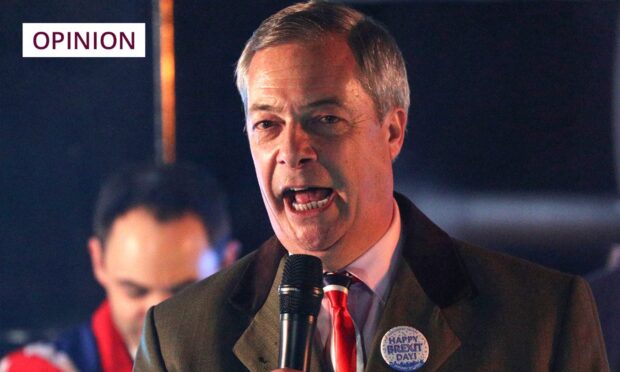


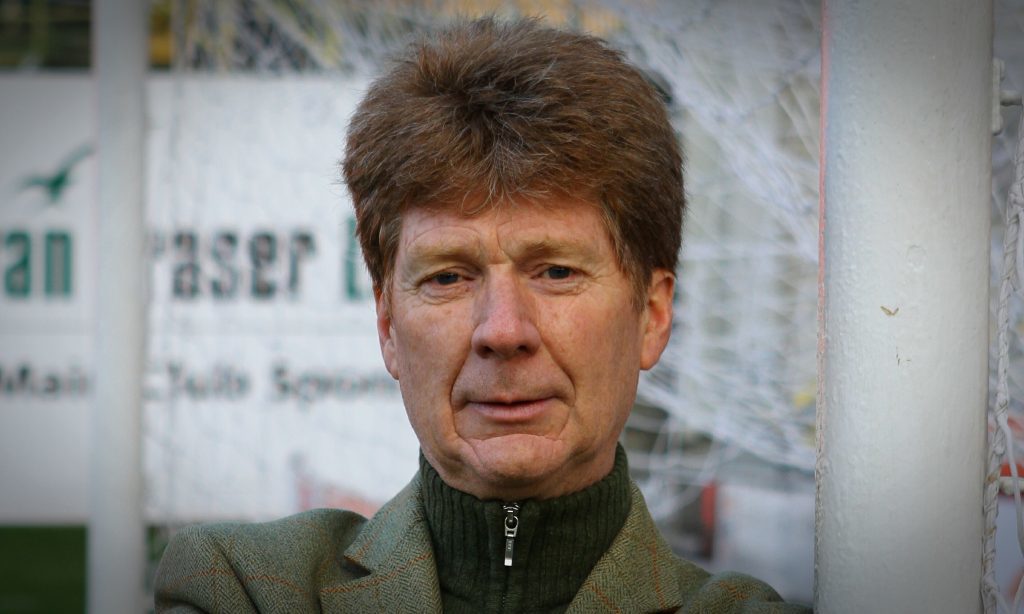
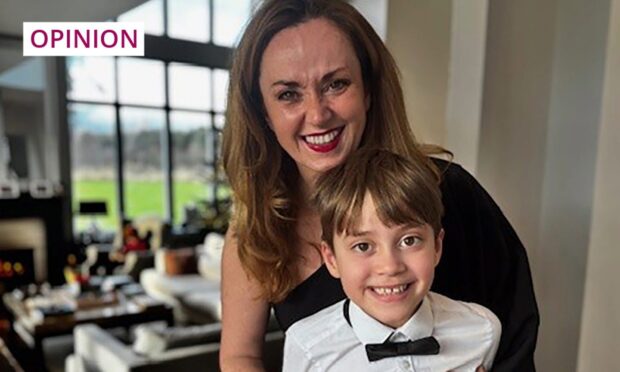







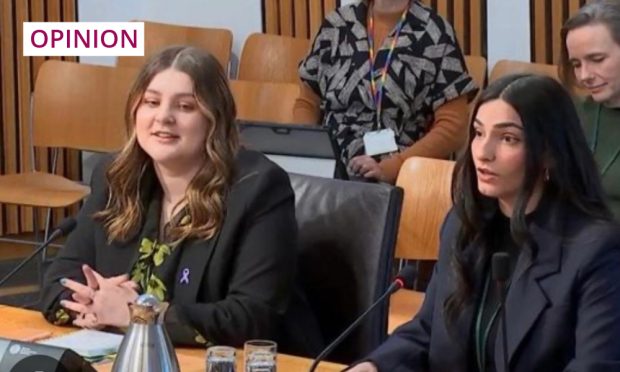
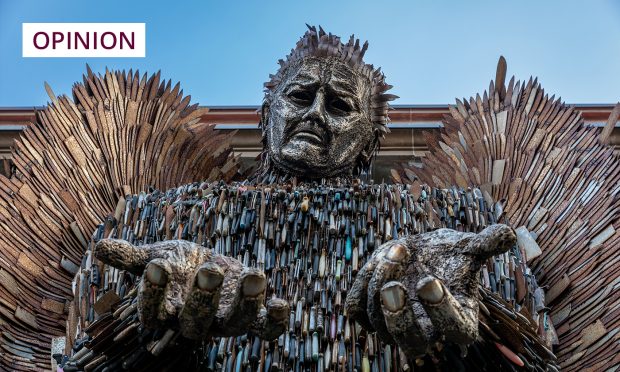
Conversation